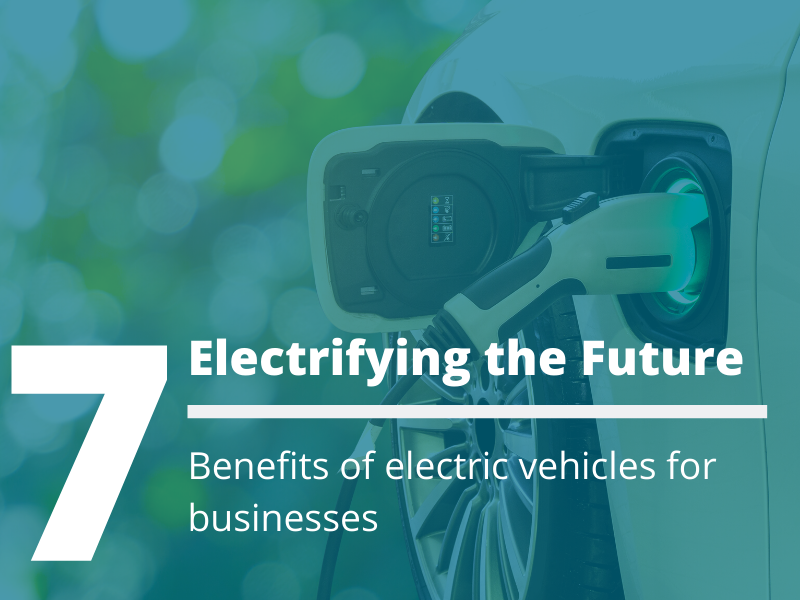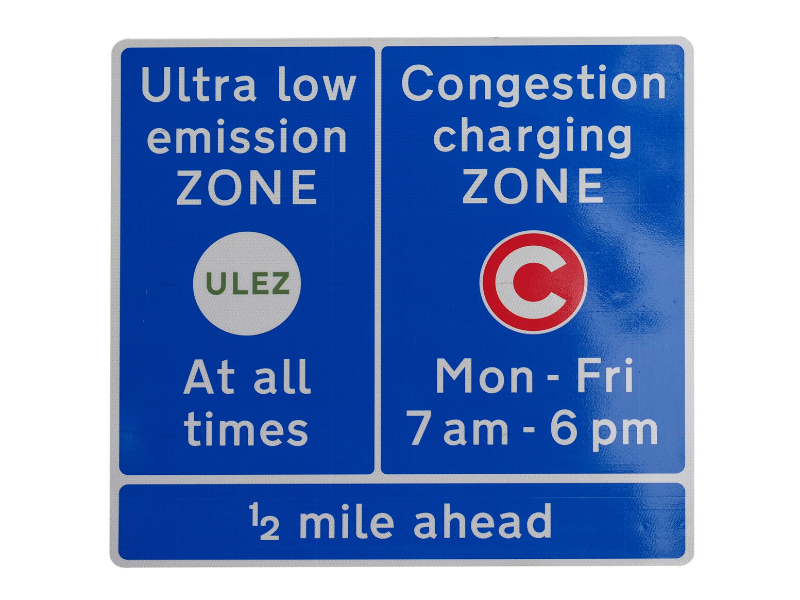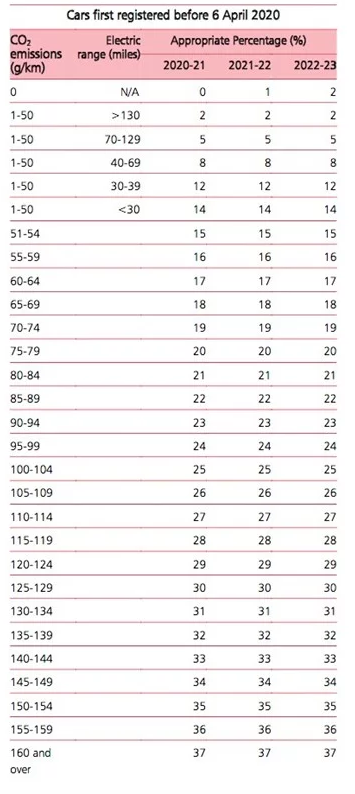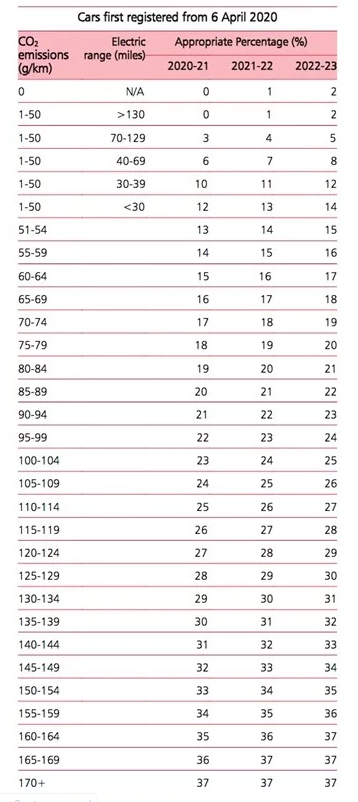If employers want to provide a tax-efficient benefit for employees while also gaining green credentials, providing employees with electric cars is an increasingly attractive proposition.
Fuel Benefit Charge
There is no fuel benefit charge at all for electric employer-provided cars. Even better, there is no benefit-in-kind charge for employees charging their own cars at a workplace charging station – even where there is private use of the car.





